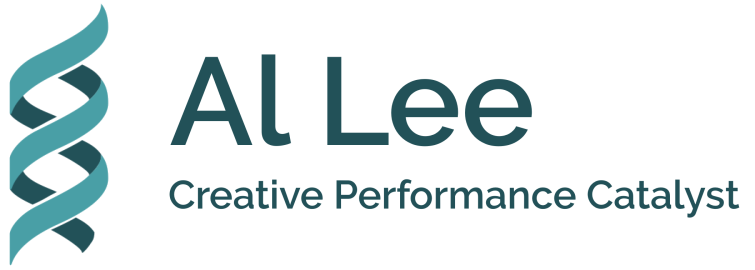If you’ve ever had to stare down a freshly-baked chocolate chip cookie, you know the meaning of willpower (or perhaps a lack thereof). Human willpower has been called “our greatest strength.” Your strength of will however depends on a number of variables that we now know are under your direct control. By understanding what makes your willpower tick, you can improve your performance and more quickly achieve your goals (and win more cookie stare-downs).
Find Your Power
Willpower is our ability as humans to stand up to our physical, mental, and emotional weaknesses. It means facing our fears, weaknesses, and inhibitions, and doing what we believe is best for others and ourselves in spite of the risks and difficulties. But what puts the “power” in willpower? How can we strengthen it and use it more effectively? Fortunately this is another area where science and research have provided some very valuable insights into the inner workings of willpower and how we can make it stronger and become more aware of situations where it has become diminished.
Pump You Up!
One useful scientific insight is that willpower functions much like a muscle. It can be strengthened, overused, and depleted. And like strength training, tackling a big problem that requires a lot of willpower may end in failure unless you have built up your capacity by “training” with some smaller willpower victories and building up the strength of your resolve. To be more successful, start with goals that can be quickly and easily achieved, and increase them as you gain momentum. For example, if you are trying to lose 15 pounds, make your first goal to lose 2 pounds, say in two weeks – and work up from there, always keeping your final goal in mind. Breaking your goals into smaller pieces is a great way to reduce procrastination, build momentum and strengthen your will.
Sometimes The Cookie Eats You
In the same way that muscles fatigue when they are overworked, willpower becomes depleted with use. One study, for example, started by putting hungry test subjects in a room with fresh-baked chocolate-chip cookies that they are told not to eat (yes, science can be cruel). After a period of time they are asked to solve – unbeknownst to them – insoluble puzzles. When compared to control subjects, who were not asked to exercise their willpower beforehand, they gave up much earlier on the puzzles. Those tempting chocolate-chip cookies had sapped their willpower. That is why people who take on multiple New Year’s resolutions have usually abandoned them by February. There is not enough willpower to go around.
That is why it is also unwise to take on more than one willpower intensive project at a time (think weight loss and smoking cessation for example).
Becoming aware of your willpower demands can be very helpful in using your willpower more effectively – personally and professionally – and avoiding willpower failures. Just as you evaluate how much of your time a project will take (and whether you have enough), it can be very helpful to look at how much willpower your commitments take – and whether you have enough!
What have you noticed about your willpower? When is it strongest? When is it weakest? I’d love to hear about your experience!






